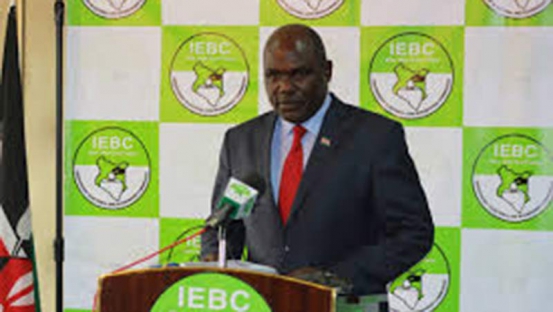
While going through an online edition of the Washington Post, a publication that I admire for its objectivity and carefully researched news and opinions, I suddenly noticed something unusual.
On the front page of the newspaper where the date used to be, there was the motto, “democracy dies in darkness”. Death is of course a shocker for any human being. But why should such an influential newspaper, respected around the world, put such a motto on its front page? Of course the choice of this motto is influenced by the local issues in America and that does not really interest me much.